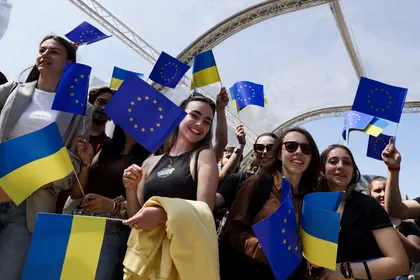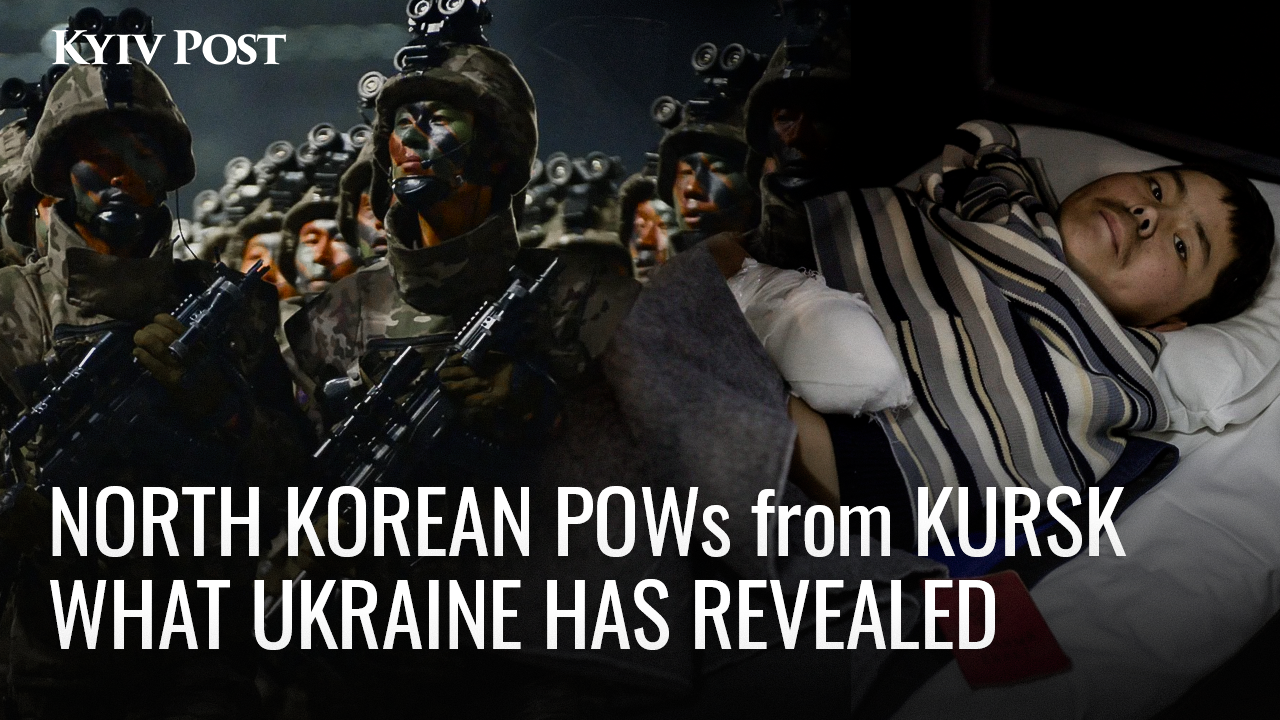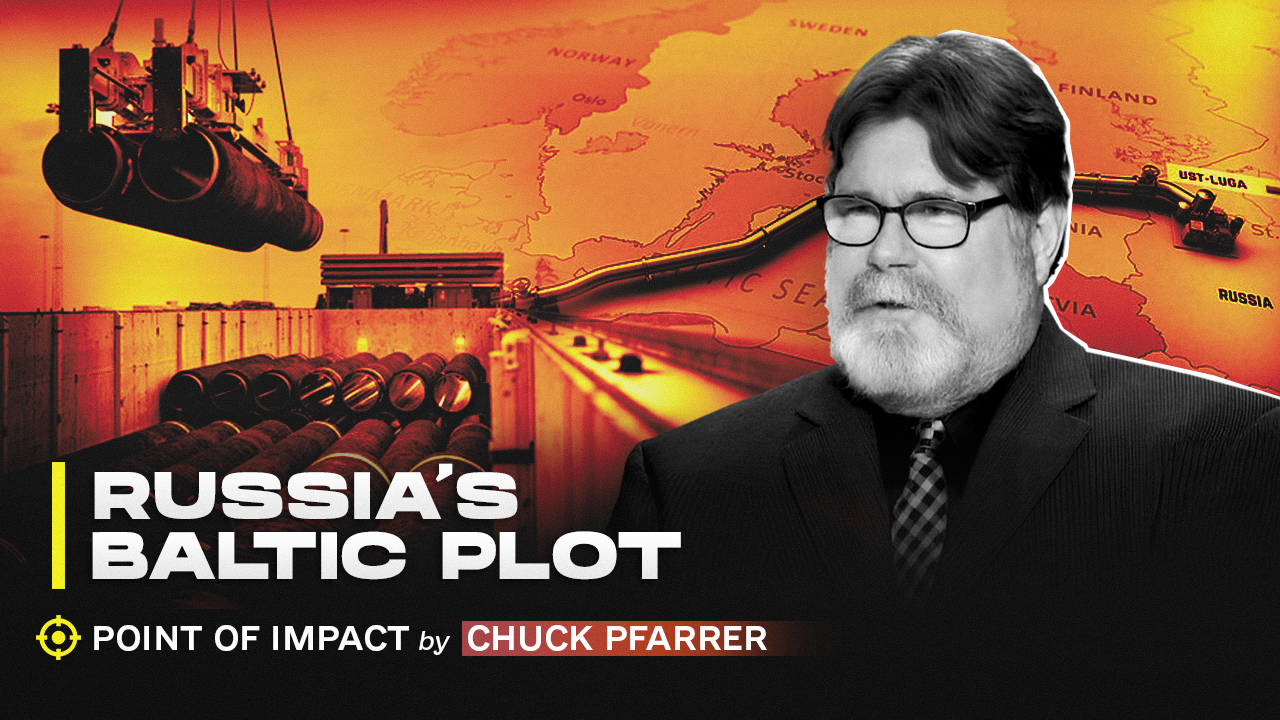At its last meeting of parliament, many see Kyiv as having overcome the final hurdles – at least on the Ukrainian side – for entering negotiations for EU membership in December.
“I expect that in general there will be a decision that we have sufficiently fulfilled the requirements,” Deputy Speaker of the Parliament Oleksandr Kornienko told Kyiv Post, referring to the EU assessment that will happen in October.
JOIN US ON TELEGRAM
Follow our coverage of the war on the @Kyivpost_official.
Ukraine has long aspired to European Union membership.
On November 21, 2013, the protests that would trigger the Euromaidan Revolution came about when then-president, Viktor Yanukovich, chose not to sign an agreement that would have integrated Ukraine more closely with the EU.
Dozens would die and thousands would be injured – and with Ukraine’s government in disarray, Russia would invade Crimea and sponsor a war in the Donbas – which by 2019, long before Russia’s full-scale invasion, the UN found had led to the deaths of some 13,000 people.
On Feb. 19, 2019, then-President Petro Poroshenko signed a constitutional amendment committing Ukraine to submit a request for membership to the EU no later than 2023.
It was on Feb. 28, 2022, just four days after Russia’s full-scale invasion of Ukraine, that Ukrainian President Volodymyr Zelensky submitted that request.
In a fast-tracked application process, on June 23, 2022, the EU awarded Ukraine “candidate status.”

‘Putin Should Make a Deal’ – Trump Discusses NATO and Ending Ukraine War, Russia’s Losses
“We paid a very high price for this chance,” Kyiv Mayor Vitali Klitschko wrote on Telegram. “Yes, we still have a lot to do on the way to the European family.”
But “candidate status” can be revoked and is contingent on Ukraine making progress on seven areas of reform.
If, by October, Ukraine can show that it’s made progress in the seven areas, it will finally begin the talks to join the EU.
“We very rarely meet with you and just consult,” Ambassador of the EU to Ukraine Matti Maasikas told the Ukrainian publication European Truth in an interview published Sept. 7. “We rarely say, ‘Let’s discuss together what and how we can do so that Ukraine benefits from quality reforms, and we benefit from the improvement of our neighbor’s affairs.”
“Negotiations with the EU on membership will provide an opportunity for just such an interaction when one side will not constantly attack and the other will defend,” he said.
What’s the outlook?
European Commission President Ursula von der Leyen told the European Parliament in Strasbourg on Sept. 13 that although hard work lies ahead, Ukraine has made “great strides” since getting EU candidate status last year.
“The future of Ukraine is in our union,” she said to applause.
In a Sept. 3 address to the Ukrainian parliament, the Verkhovna Rada, Zelensky urged deputies to vote for reforms seen as key to Ukraine’s European integration.
“Each of these laws is of fundamental importance. And voting on them will be of fundamental importance. People will see who is worth what,” Zelensky said.
Then at its Sept. 5 session, the parliament would approve anti-corruption-related legislation that might have gone far enough for the EU – but didn’t go far enough for Ukrainian civil society, and bowing to a petition, Zelensky would veto it.
Finally, the Verkhovna Rada met Wednesday, Sept. 20, and Thursday, Sept. 21, and tackled what Zelensky had identified as the key remaining items.
Although Ukraine entering negotiations today, doesn’t mean joining the EU tomorrow – that’s a goal which, despite Russia’s full-scale invasion, members of parliament like Kornienko believe can happen by 2029 – what it does mean is that Ukraine and the EU would already be working much more closely than they’ve ever done.
What was required?
An interim update in June found that Kyiv had done enough with regard to two of its seven requirements.
It found that Kyiv had taken necessary actions in the areas of:
· Judicial Governance
· Media Legislation
That it had made progress related to the:
· Constitutional Court
And that it still had work to do in the areas of:
· Anti-Corruption
· Anti-Money Laundering
· De-Oligarchization
· National Minorities Law
“Ukraine has seven specific recommendations from the European Commission. We have already implemented some of them,” Zelensky said in his Sept. 3 address.
The areas that he identified as being ready for the Verkhovna Rada to take on pertained to anti-corruption and the national minorities law.
“In October, we will not hear that all seven requirements have been fulfilled by us 100 percent because this is a large-scale work that will take years,” Deputy Prime Minister for European and Euro-Atlantic Integration Olga Stefanishyna said at an Aug. 17 conference in Kyiv.
But by October, Ukraine will adopt “all agreed-upon legislative and institutional changes,” Stefanishyna said.
“I am convinced that my colleagues in Brussels will be able to positively assess Ukraine's implementation of the seven recommendations and recommend that the member states start negotiations with Ukraine,” Maasikas said.
The anti-corruption battle
One of the major areas that Ukraine has focused on has been its efforts to fight corruption.
“There are no more untouchables in this country,” Supreme Court Chief Justice Stanislav Kravchenko told Kyiv Post in a Sept. 2 interview.
Zelensky ran on an anti-corruption platform and in an Aug. 27 television interview equated corruption during wartime with “treason.”
Recently, Kyiv has taken several high-profile actions against corruption.
· On May 15, there was the arrest of the head of Ukraine’s Supreme Court, Vsevolod Knyazev for allegedly taking a $2.7 million bribe.
· On Aug. 11, Zelensky announced the dismissal of the regional heads of all military commissariats following revelations of corruption amongst them taking bribes in exchange for falsely finding that draftees were unfit for duty.
· On Sept. 3, Zelensky dismissed his defense minister, Oleksiy Reznikov. While Zelensky’s defense minister was not himself accused of corruption, there was a scandal involving the purchase of over-priced winter jackets under his purview.
· On Sept. 18, The Cabinet of Ministers of Ukraine also dismissed all deputy defense ministers. And while this is standard procedure whenever the head of the ministry changes – some reports suggest a huge overhaul is underway.
Along with these high-profile moves, Kyiv has followed all the EU’s specific anti-corruption recommendations, “everything related to the anti-corruption indicators defined in the recommendation,” Stefanishyna said.
Kornienko echoed Stefanishyna, saying: “We have already completed all tasks in the fight against corruption,” he said.
The fight against corruption is an “eternal process” however, one that no country has ever totally won, Stefanishyna added.
The assets declarations fight
In a win for Ukrainian civil society, the Ukrainian parliament passed a law Wednesday, Sept. 20, in favor of making top officials' assets declarations available to the public.
One of the tools that Kyiv intends to implement to fight corruption, and two out of the three laws that Zelensky said parliament still needed to pass pertained to asset declarations.
On Sept. 5, the Verkhovna Rada voted to reinstate electronic asset declarations – which had been suspended after Russia’s full-scale invasion.
But in so doing, the Verkhovna Rada approved an amendment that rankled Ukrainian civil society.
The approximately 300,000 government officials or “Politically Exposed Persons” (PEPs) – that is, people at higher risk of being bribed due to their positions – would not have had to make information about their assets public for a year.
Two state agencies – the National Agency for the Prevention of Corruption and the National Anti-Corruption Bureau – would have had authority to verify the government officials’ assets.
“The version of the adopted law suits the partners (EU, US, etc.), but it does not suit the civil societies. It does not suit a part of the deputies,” Kornienko said.
Regardless of whether the Verkhovna Rada’s vote would have been enough to satisfy the EU, it wasn’t enough to satisfy Ukraine's own civil society, which produced a petition one day after the vote that would gain 83,854 signatures demanding that the PEPs not only declare their assets but also make the information publicly available, immediately.
After the outcry, on Sept. 12, Zelensky stood against members of his own party and vetoed the draft law, asking the Verkhovna Rada to redo it.
Then, on Sept. 20, with 341 votes in favor, the Verkhovna Rada voted to make the asset declarations public.
341 votes in the Parliament are in favour of opening the electronic declarations registry! Kudos to president who vetoed the law, 80k+ people who signed the petition to the president and everyone who insisted on this reform pic.twitter.com/vuqH5YKAbl
— Olena Halushka (@OlenaHalushka) September 20, 2023
Anti-money laundering
One of the EU’s recommendations pertains to bringing Kyiv’s anti-money laundering legislation in line with the recommendations of the Financial Action Task Forces (FATF), an intergovernmental organization founded by the G7 in 1989 to develop anti-money laundering policies.
On Wednesday, Sept. 20, Ukraine’s Cabinet of Ministers submitted a draft law related to doing this that will go to the Verkhovna Rada for a vote, Taras Melnychuk, the government’s representative in parliament posted on Telegram. The changes relate to how Kyiv implements sanctions.
The anti-oligarchy battle
The Ukrainian government has taken steps to challenge its oligarchs.
In 2021, Kyiv adopted a law with criteria defining an “oligarch.”
According to the law, it’s anyone with three of the four characteristics:
· Participates in politics
· Has a big influence on the media
· Controls a monopoly
· Has a fortune equivalent to a million working people (more than $80 million)
At the time, the secretary of the National Security Council Oleksiy Danilov said that 86 Ukrainians likely fit this criteria.
If the law had taken effect, it would have meant that if you were a person in power you would have had to report meetings with oligarchs.
Furthermore, oligarchs would have been prohibited from financially supporting political organizations, parties, or candidates, acquiring (more) privatized assets, and supporting political campaigns, rallies or demonstrations.
But, according to Ukrainian Minister of Justice Denys Maliuska, Russia’s full-scale invasion of Ukraine stopped the law from being implemented.
“The fact is that the war significantly changes the balance of power in Ukraine and significantly reduces the influence of oligarchs, both due to the destruction of their businesses and the functioning of state authorities in wartime. Consequently, it is extremely difficult to properly assess the impact of the oligarch law on the political and legal systems,” Maliuska told European Pravda.
And for those reasons, on June 9, the Venice Commission recommended Ukraine postpone implementing its anti-oligarchy law.
That said, even without the law being implemented, on Sept. 2, one of Ukraine’s most famous oligarchs, Ihor Kolomoisky, was arrested for allegedly embezzling over UAH 9.2 billion ($13.5 million) of funds from his old bank, PrivatBank, before it was nationalized in 2016.
On Sept. 14, Kolomoisky who already faced fraud charges, was served with a third set of allegations – forging documents worth the equivalent of nearly $24 million, Reuters reported.
Also, as a part of its anti-oligarchic reforms, the parliament plans to consider another EU requirement, a law, which would take effect after the war, pertaining to lobbying – as there are now no regulations on the books, Kornienko said.
The national minorities law
The last piece of legislation that Zelensky identified as being necessary for Kyiv to bring to the table for its October EU assessment is Ukraine’s law on national minority rights.
The EU’s Venice Commission – which advises countries on how to bring their laws in line with the EU – had positive things to say about Ukraine’s efforts toward protecting its minority groups back in June, but it had recommendations.
Some of the Venice Commission recommendations were ensuring that events can be held in minority languages without requiring translation (or limiting the translation requirements) and reconsidering law related to the percentage of books publishing houses need to publish in Ukrainian and that bookstores need to carry.
On Thursday, just a day after passing the law on assets, the Verkhovna Rada voted in favor of the draft law on national minorities.
The Verkhovna Rada of Ukraine voted in favor of the draft law on national minorities.
— Kharkiv Human Rights Protection Group (@khpg) September 21, 2023
There were 318 votes in favor.
The draft law is one of the requirements for starting negotiations on Ukraine's membership in the EU.
The dispute with Budapest
In his interview with Kyiv Post, Kornienko said that, even with Ukraine meeting all its recommendations, he wouldn’t rule out the possibility that some countries might still block the start of negotiations, although he wouldn’t specify which.
A senior EU diplomat told Reuters on condition of anonymity that Budapest might still create barriers for Ukraine’s EU membership.
“For Ukraine, the biggest obstacle is Hungary and the discussion around national minorities,” the EU diplomat said on Sept. 13, “Politically, that will be the most important obstacle.”
Issues with Budapest can be traced back to 2017, when the Verkhovna Rada adopted a law requiring that students from 5th grade on study general subjects in Ukrainian.
Stefanishyna said that the law was adapted to help Ukraine’s ethnic minority groups – such as the estimated 80,000 ethnic Hungarians living in the Zakarpattia province of western Ukraine – learn enough Ukrainian to be able to go on to purse their education and find job opportunities outside of minority areas.
However, Hungarian Prime Minister Viktor Orban accused Kyiv of “Hungarophobia.”
Saying that Ukraine’s language law was the reason, Orban’s government – which still has warm relations with Russian President Vladimir Putin – afterward took steps to block Ukraine’s progress toward EU membership.
However, Kyiv took actions to satisfy Budapest, including in April 2019, passing an education law stating that Ukraine’s secondary school would be permitted to use minority languages.
And on Sept. 15, officials from Ukraine and Hungary met in Budapest to hold the second round of consultations, Stefanishyna told Radio Svoboda.
“And this is a very big indicator for us,” Stefanishyna said. “I single out Hungary because the most difficult dialogue is with this country. But, of course, I cannot help but mention, for example, Greece, Romania, and Bulgaria as countries with which we worked out all these changes and which supported them.”
“We believe that the issue of the language of education is an issue that Ukraine has dealt with and with respect to which you are moving forward. And the European Union recognizes this,” Maasikas said.
That said, some officials in Kyiv and Brussels fear Orban – who last November was seeing wearing a scarf at a football match depicting a map of “Greater Hungary” with parts of Ukraine included – may simply be using the education issue as a pretext to block the start of accession talks.
You can also highlight the text and press Ctrl + Enter













